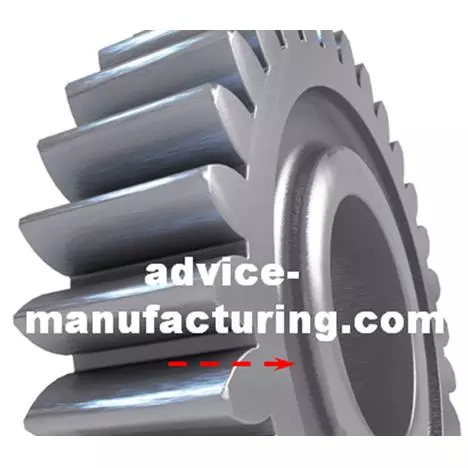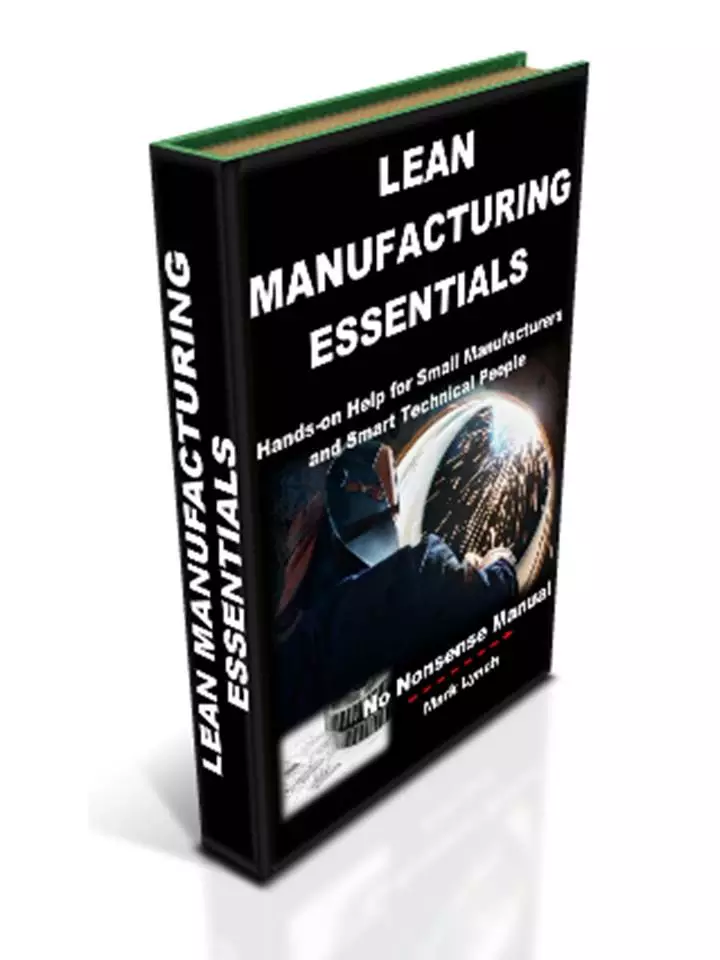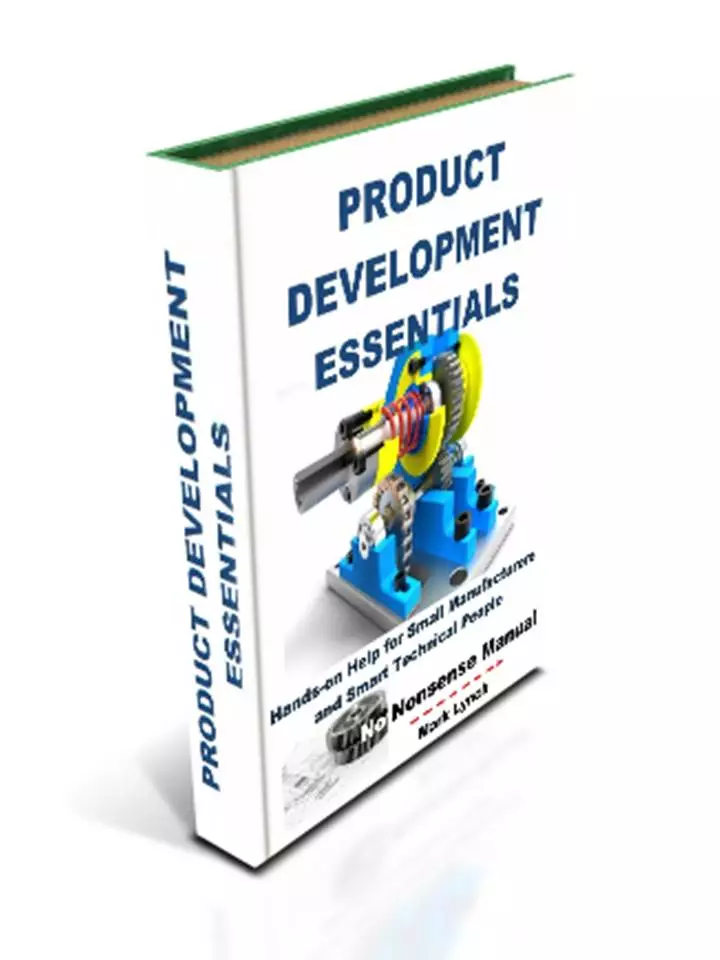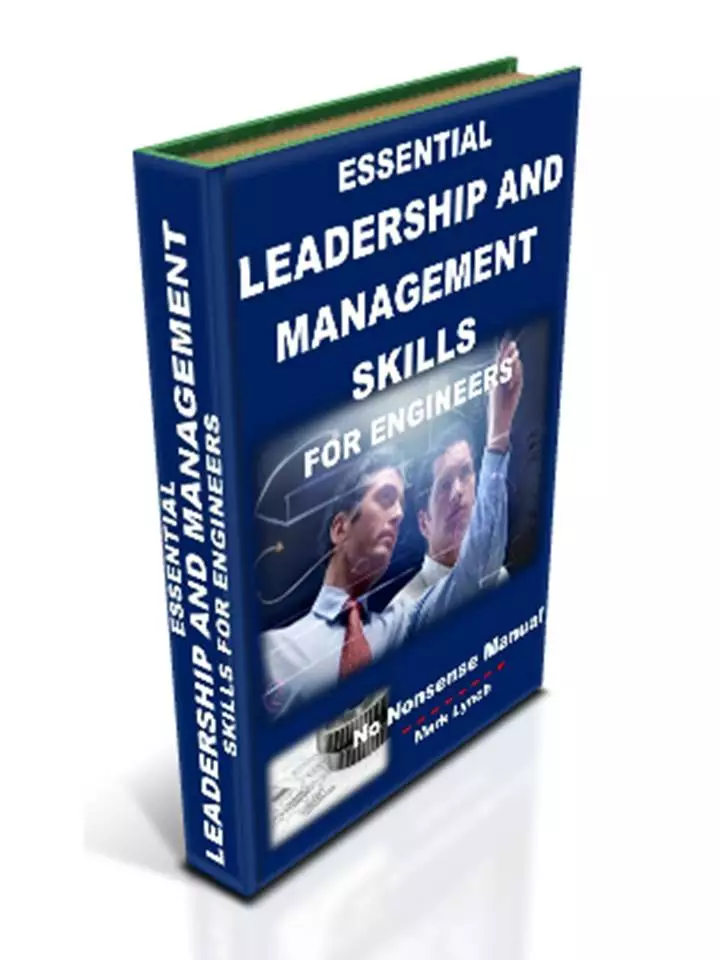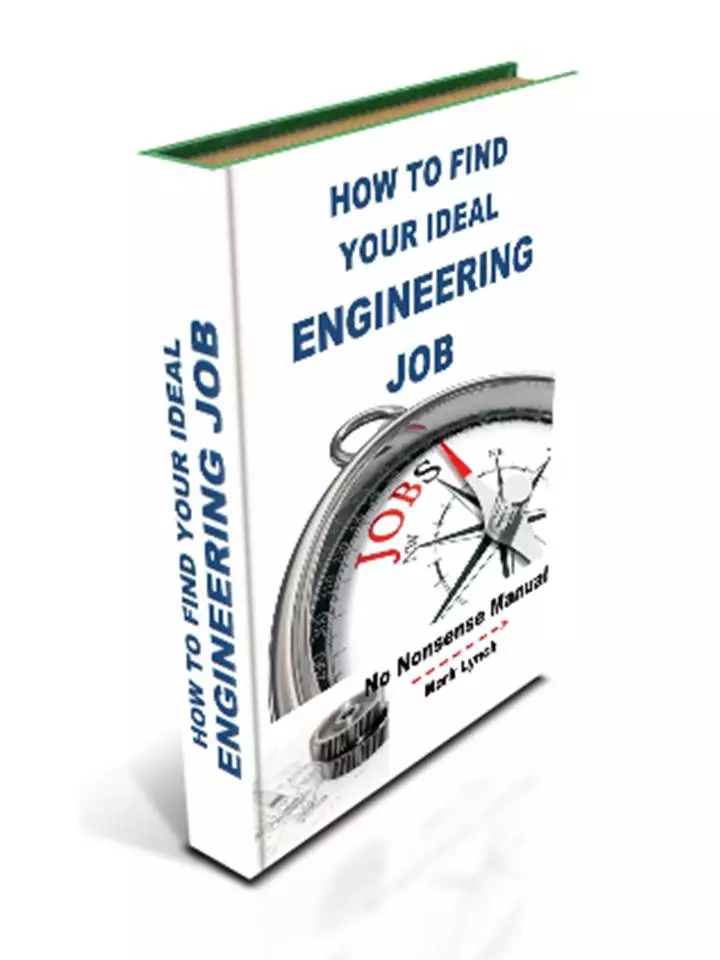'Hands-on Help for SMEs' and Smart Technical People'
Understanding Competitors, Market Research and Mass Customisation
Essential Product Development for Engineers
Understanding Competitors, Market Research and Mass Customisation
Understanding Competitors
Competitors are referred to above. It’s probably worth a quick word on them, as having a clearer understanding of your rivals upfront, can pay dividends later. As mentioned, be clear about who your competitors are. Apart from competing on cost and offering similar products to the same customer base, other factors come into play and make some competitors more of a threat than others. Some may compete locally, nationally or internationally. Others may compete on quality or product function. In addition, some may simply have a more aggressive sales and marketing strategy, perhaps with bigger budgets.
All manufactured products have a competitor – don’t be fooled into thinking any don’t. Some are simply greater threats and more obvious than others. Instead research the market thoroughly to gain a greater understanding of what is out there. If in doubt, ask your customers – they’ve always got choices, some good and some not so good!
The most astute manufacturing businesses constantly keep breast of the market and assess the competition. Competitor product information should be kept up to date. Consider a folder or an IT network location. Basic analysis of these products can provide greater understanding, and so guide both your future product development and your sales team. Fundamental questions include…
- How does the competitor compare on cost (price as well as cost of ownership)?
- What is the after-sales support like and what is the associated cost?
- How does it compare in terms of functionality and capability.
- What is the build quality like?
- Name 5 pros and 5 cons.
- What are general customer impressions in the industry? What is their reputation like? Try to look at this objectively, without prejudice.
- Based on your professional engineering experience, how difficult or expensive is it to manufacture? (and therefore can you estimate the cost of parts, margins and profitability)
In addition to information, depending on the physical size of your competitors’ products, it may be advantageous to have somewhere where your products can be set up alongside theirs. This will assist the understanding of everybody involved in new product development by comparing features, functionality, usability and considerations like materials and manufacturing processes.
Market Research
At this stage market research is particularly useful. It enables you to test and verify the product idea is actually what your target market wants. Consider how detailed you want this to be.
- Will a survey provide you with the information you need?
- Is it worth gauging the opinions of some of your most trusted customers, by visiting them or calling them in?
- Who are you asking – is it the buyer or the end user?
- Importantly, consider the questions – what do you want to find out? Have you listed some of the features you hope to incorporate in the product? Could a mock-up, prototype or CAD model help?
- Or alternatively are you assessing whether there actually is a gap in the market, against what you perceive?
Market research can be undertaken by you or outsourced to marketing companies who specialise. Alternatively it is increasingly being undertaken online, perhaps to supplement traditional methods. Get into the habit of obtaining customer feedback when you can. Make it easy for them to get information back to you. Depending on the feedback, make adjustments to your planning accordingly (although be careful not to make kneejerk changes). Get customers and other key stakeholders involved early, to reassure you, as you embark on your product development journey.
Market research provides invaluable information and therefore confidence, prior to spending hard cash, time and resources on product development tasks. It reduces risks for small manufacturers, who can ill afford to make big mistakes.
Market Research Explained
Mass Customisation
Finally, at this stage it is worth saying a quick word about Mass Customisation. Mass customisation, in the context of product development, describes a situation where customers desire and expect bespoke products, at a similar cost as mass produced items. Customers are increasingly well informed and able to compare product information like price and performance. They typically seek value for money.
The public enjoy mass customisation with consumer goods. Likewise businesses are starting to expect it with capital goods. What this means for manufacturers is they have to increasingly develop modular products which can be customised with a range of variables, far later in the manufacturing process than was typically the case with traditional mass production.
Manufacturers need to be able to offer customised ‘standard’ products and organise their production facilities accordingly. During product development, customer desires should be considered early, as these may shape the thinking about which features are ‘standard’ and which are ‘customised’. Market research should start to tease this information out. The stages in the development process should be flexible enough to accommodate this. For the small manufacturer who can successful achieve this, there is a real opportunity to differentiate products, and more closely match exactly what the customer wants.
Mass Customisation - A Brief Documentary (Danilo Campus)
3D Printing will bring Mass Customisation (CNN Money)
The Essence of Mass Customisation (Pine Gilmore)
Next... Specification and Requirements
Back to Product Development Essentials
When was the last time your business developed a NEW product? ...Or is 'Product Development' too far removed from your core Production Engineering activities?
Does your firm have a clear product development process, with a number of new products released to date? ...Or alternatively, do you think bread and butter production engineering is really what matters? Tell us about your product development experiences...
Share your story...and receive a FREE copy of our report 'Helping Your Manufacturing Business Thrive'...
PS: Feel free to name-drop your firm! There's nothing wrong with a bit of free publicity!
